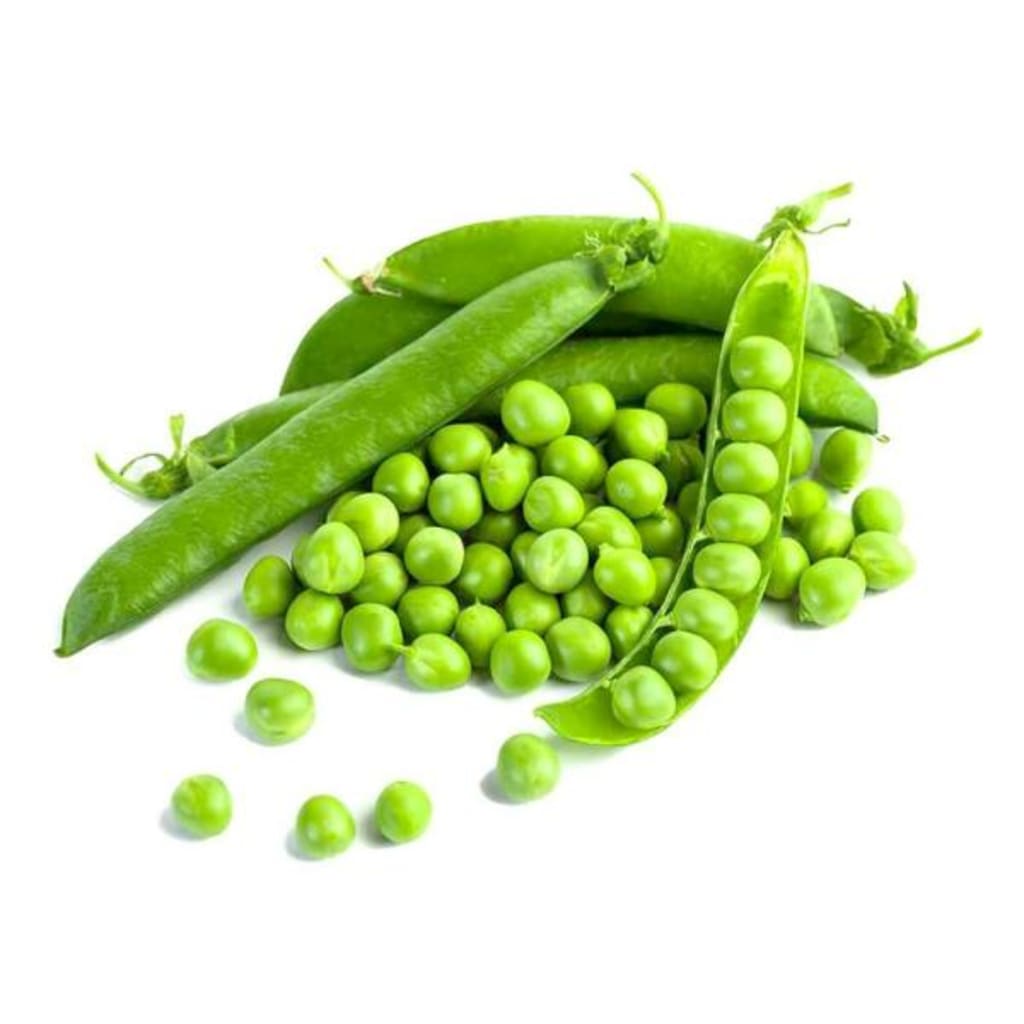Nutritionists have Revealed new Medical and Nutritional Benefits of Peas
Medical and Nutritional benefits of Peas

Nutritionists around the world are recommending eating sweet peas as new medical and nutritional benefits continue to emerge, and more medical aspects are now being discovered. Peas are visible in winter. The delicious and flavorful peas of the lentil family are popular with children and adults alike. This is why peas are part of many foods. However, new medical benefits have come to the fore that add to the importance of peas. There are compounds in peas that protect us from winter diseases by strengthening the immune system especially in winter. Peas contain fiber, protein, minerals, vitamins, phytonutrients and antioxidants. According to the experts, there are four major medical benefits of matrakhana which are as follows.
Useful in Diabetes
Peas keep blood sugar levels under control as they have a very low glycemic index. On the other hand, peas are rich in fiber which improves digestion and keeps blood sugar under control.
Useful for Skin
Peas contain very useful ingredients for our skin. The most important of them are vitamin B6, vitamin C and large amounts of folic acid. Together, these three ingredients not only reduce internal body inflammation (inflammation). Thanks to them, free radicals are less formed in the body and their damage is also reduced. In this way, the elasticity and glow of the skin is maintained.
A Treasure Trove of Protein
Peas are rich in protein and are the most important source of vegetable protein. Remember that we get protein from meat, eggs and milk etc. But apart from these foods, peas provide us with excellent protein. If you eat only vegetables, peas can make up for the protein deficiency.
Reduce Cholesterol
Regular consumption of peas is rich in niacin, which prevents the increase of harmful cholesterol and fats. In this way, the harmful cholesterol is reduced and the beneficial cholesterol is increased. Thus, it can be said that potatoes can reduce the risks of heart disease and blood pressure because they have the ability to control cholesterol.
Weight Management
They are low in fat but high in everything else. One cup of peas has less than 100 calories but lots of protein, fiber, and micro-nutrients. Peas are an amazing source of plant-based protein which helps keep you feeling full longer while also helping to reduce your appetite and ward off those cravings so they can help you reduce that waistline.
Stomach & Other Cancer Prevention
Peas contain high amounts of a health-protective polyphenol called coumestrol. A study in Mexico City determined you only need 2 milligrams per day of this phytonutrient to prevent stomach cancer. A cup has at least 10 milligrams.
The saponins found in green peas may have therapeutic effects against several different types of cancers according to a 2009 review out of Canada.
They are packed with a high concentration of antioxidants which can reduce oxidative damage to cells by fighting free radicals to help relieve inflammation. This gives them great anticancer properties.
Helps Anti-aging, Strong Immune System, and High Energy
This comes from the high levels of anti-oxidants including:
flavinoids: = catechin and epicatechin
carotenoid= alpha-carotene and beta-carotene
phenolic acids = ferulic and caffeic acid
polyphenols = coumestrol
They are great for the immune system as they provide vitamin c (40 milligrams per 100-gram serving) which studies show is beneficial for protecting against colds and flues and for fighting infection.
Blood Sugar Regulation
A high fiber and protein diet will slow down how fast sugars are digested and improve blood glucose response in people with type 2 diabetes according to a study.
All carbohydrates are natural sugars and starches with no white sugars or chemicals to worry about.
Peas may be associated with a lower risk of developing diabetes because of their low glycemic index, according to a review published by the American Journal of Clinical Nutrition.
As they are filled with fiber and protein this makes them a great food to help with managing blood sugar levels. To maintain normal blood sugar levels you need enough fiber which works to slow the absorption of sugar into the bloodstream to help maintain normal blood sugar levels. Increasing your intake of protein has also been shown to decrease blood sugar.






Comments
There are no comments for this story
Be the first to respond and start the conversation.